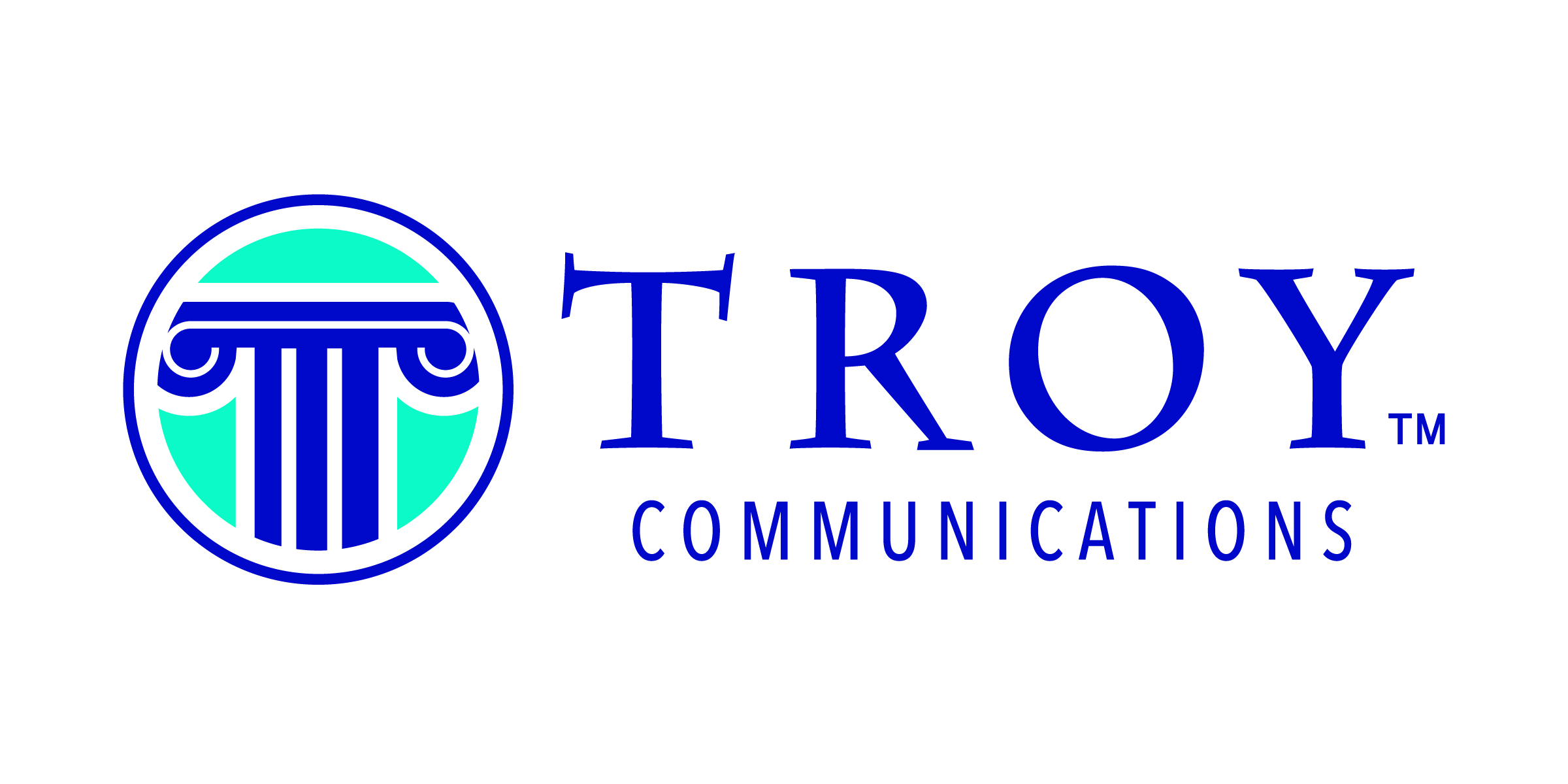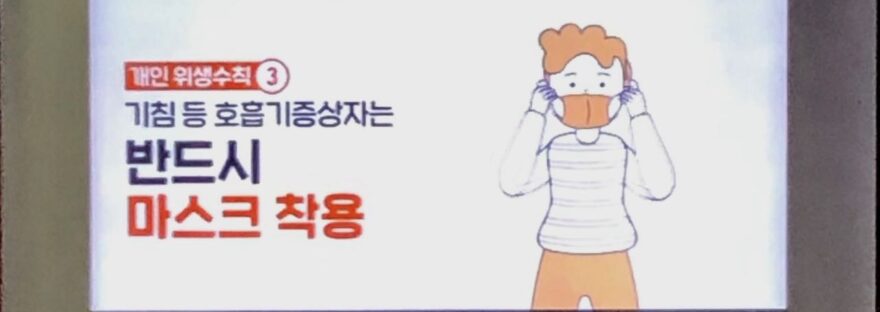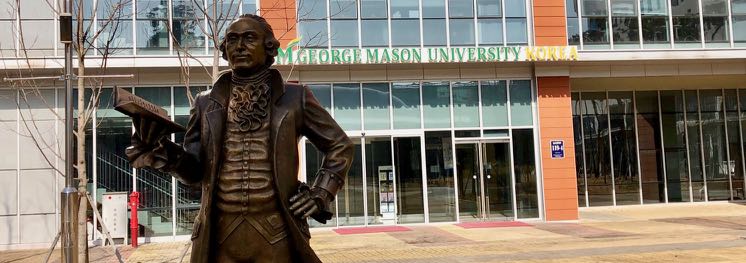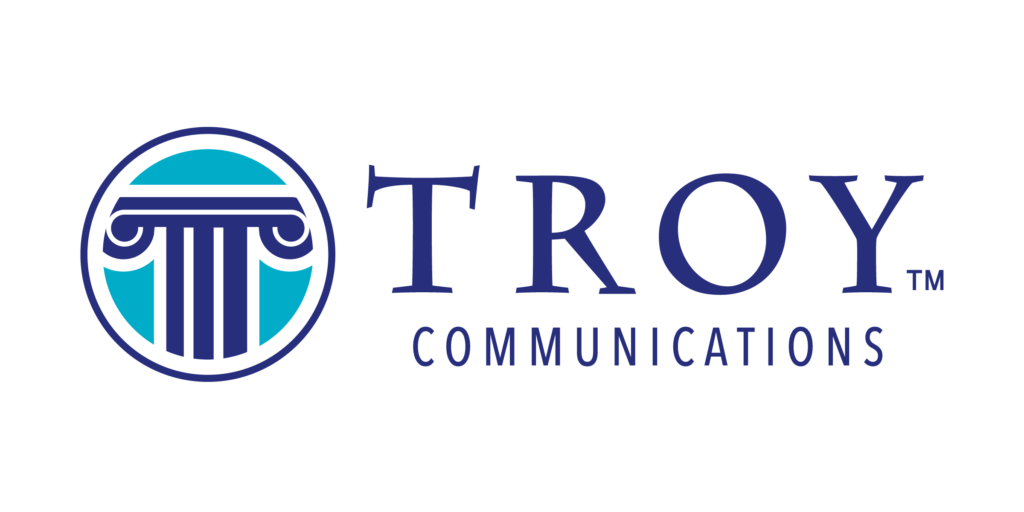I love Korea – the country, the culture, the people, the food, all of it. I didn’t realize how much until I returned to Korea three weeks ago after being gone for 10 years. In many ways, Korea will always be “home” to me.
I love teaching – interacting with hungry minds, creating a learning community, helping individuals reach for their potential. This has been and will continue to be my life’s work, my passion.
COVID-19 has disrupted my relationship with both of these loves!
As of this writing, there are over 3,500 coronavirus cases reported in South Korea. When I arrived three weeks ago, there were fewer than 30.
This dramatic increase has inspired a strong reaction from the Koreans I love so much.
- My university has required that all class be taught online for the first two weeks (but I expect that to be extended). Many universities have postponed the start of classes by op to 3 weeks.
- The majority people are wearing surgical face masks whenever they are in public. This includes the Korean staff and many of the international faculty in my office. In fact, in order to enter my housing facility, I must wear a mask.
- The population has been encouraged by the government to avoid gathering together, including Sunday services.

All of these restrictions have made building and maintaining relationships more challenging – especially with my new students. I have done what I can to help them get to know me by creating and sending out videos, but I feel I’m having a harder time getting to know them.
In the past, I’ve taught lessons online, but it’s always been later in the semester, after I’ve had the chance to get to know the students and build some rapport. I’m finding this situation a true challenge to my teaching style.
I’m already making a list of things “not to do,” and I’m still looking for the best practices that will be most effective in these circumstances.




